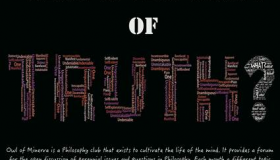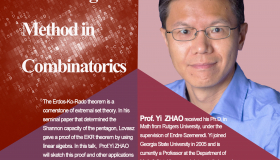Fluctuations of fMRI activation patterns reveal theta-band dynamics of visual object priming
Topic:Fluctuations of fMRI activation patterns reveal theta-band dynamics of visual object priming
Date:November 21th, 2019, Thursday
Time: 17:00-18:00
Venue: Room 101, Teaching A
Speaker: Prof. Ming Meng
About the Speaker: Ming Meng, Professor of Cognitive Neuroscience at the South China Normal University, received his PhD from Princeton University, was a postdoctoral fellow at MIT and a faculty member at Dartmouth College. As documented in several high-impact peer-reviewed publications, he has been capable of decoding what neural mechanisms underlie visual cognition and attention, with and without visual awareness. These neural mechanisms correlate with activity in broad visual processing network and attentional neural network across brain regions in the left and right occipital, temporal and parietal lobes, shedding lights for the understanding of normal behavioral patterns as well as neurological disorders. Professor Meng is an expert of behavioral experimentation, functional brain imaging, machine learning and computational modeling. He has been a Principle Investigator (PI) of grants by the National Science Foundation (NSF) of the US and the National Natural Science Foundation of China (NSFC), a recipient of the Young Investigator Award by the Brain and Behavior Research Foundation.





